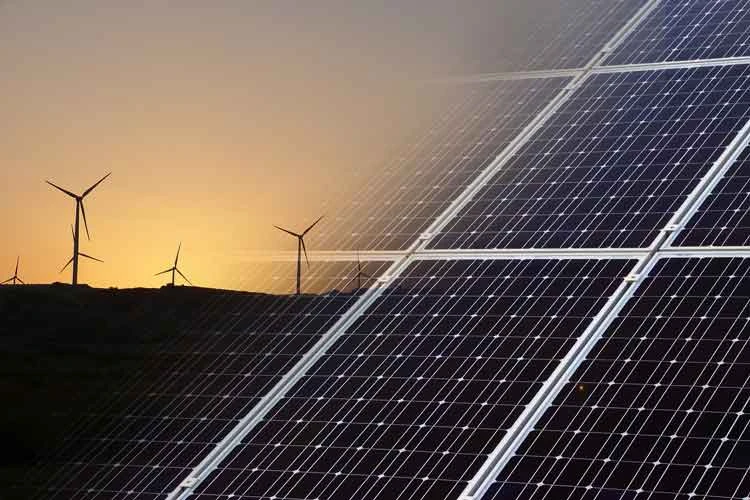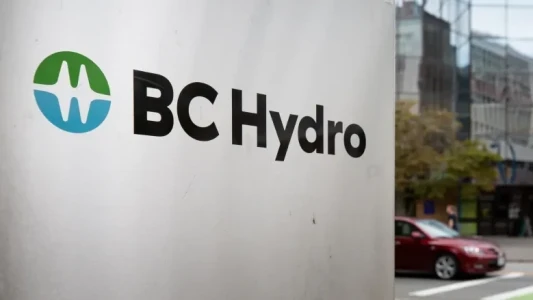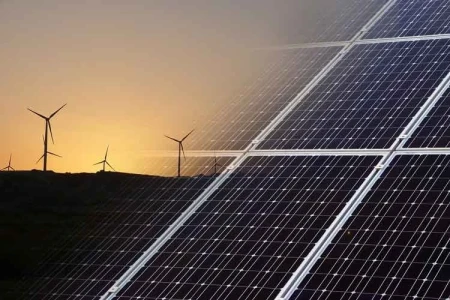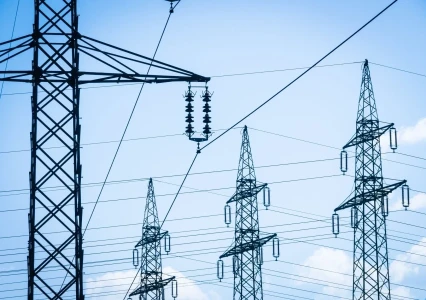Louisiana Industries Push for Faster Renewable Energy Transition

Louisiana, known for its robust oil and gas industry, is experiencing a significant shift as some of its largest industries express frustration over delays in the state’s renewable energy transition. These major players are pushing for accelerated development and implementation of renewable energy solutions to align with broader climate goals and economic aspirations. Their push reflects a growing recognition of the benefits of renewable energy and a desire to mitigate the impacts of climate change while staying competitive in a rapidly evolving energy market.
The Current Landscape
Louisiana’s economy has historically been dominated by fossil fuels, particularly oil and natural gas. However, there is an increasing acknowledgment of the need to diversify energy sources and incorporate more renewable energy to address environmental concerns and economic shifts. The state has substantial potential for renewable energy, including solar and wind power, yet the transition has been slower than some industries would like.
Recent developments have highlighted a growing impatience among Louisiana’s largest industries, which are urging for quicker action on renewable energy initiatives. This frustration stems from a combination of regulatory delays, slow project approvals, and insufficient incentives for renewable energy investments.
Industry Concerns and Demands
-
Regulatory Delays: Industries are frustrated with the sluggish pace of regulatory processes that affect the development of renewable energy projects. Lengthy approval times and bureaucratic hurdles are seen as barriers to swift progress. Companies argue that these delays hinder their ability to invest in and deploy renewable energy technologies effectively.
-
Insufficient Incentives: There is a call for more robust incentives and support mechanisms to make renewable energy projects financially viable. Industries are seeking clearer policies and financial incentives that can make renewable investments more attractive compared to traditional energy sources.
-
Alignment with Climate Goals: Many industries are aligning their operations with broader climate goals and sustainability initiatives. They recognize that transitioning to renewable energy is not only beneficial for the environment but also critical for maintaining competitiveness in a market increasingly focused on sustainability.
-
Economic Opportunities: The push for faster renewable energy development is also driven by the potential economic benefits. Investing in renewable energy can create jobs, stimulate local economies, and position Louisiana as a leader in the growing green energy sector.
Recent Developments
In response to the demand from major industries, there have been some recent developments in Louisiana’s renewable energy landscape:
-
Increased Investments: Several large companies are beginning to invest more heavily in renewable energy projects. These investments signal a shift towards greater adoption of solar, wind, and other renewable technologies.
-
Policy Discussions: There is growing momentum for policy changes that could accelerate the transition to renewable energy. Discussions are underway to streamline regulatory processes, enhance incentives, and develop a more supportive framework for renewable energy projects.
-
Collaboration Initiatives: Industries are increasingly collaborating with state and local governments, as well as with energy providers, to overcome obstacles and drive progress. These collaborations aim to address common concerns and develop solutions that benefit both the business sector and the environment.
The Path Forward
For Louisiana to meet the demands of its largest industries and successfully transition to renewable energy, several key actions are needed:
-
Streamline Regulatory Processes: Simplifying and expediting regulatory approvals can help reduce delays and make it easier for renewable energy projects to move forward. Streamlined processes will encourage more investments and accelerate the deployment of renewable technologies.
-
Enhance Financial Incentives: Expanding financial incentives and support mechanisms for renewable energy projects can make them more attractive to businesses. This includes tax credits, grants, and subsidies that can offset the initial costs of renewable energy investments.
-
Develop a Clear Energy Strategy: A comprehensive state energy strategy that outlines goals, timelines, and support mechanisms for renewable energy can provide clarity and direction for industries. A clear strategy can help align efforts and ensure that all stakeholders are working towards common objectives.
-
Foster Collaboration: Continued collaboration between industries, government agencies, and energy providers is essential for addressing challenges and driving progress. Partnerships can help leverage resources, share expertise, and develop innovative solutions.
Conclusion
Louisiana’s largest industries are calling for a faster transition to renewable energy, driven by concerns over regulatory delays, insufficient incentives, and the desire to align with climate goals. As the state grapples with these demands, the focus must be on streamlining processes, enhancing financial support, and developing a clear energy strategy. By addressing these issues, Louisiana can accelerate its renewable energy transition, foster economic growth, and position itself as a leader in the clean energy sector.









